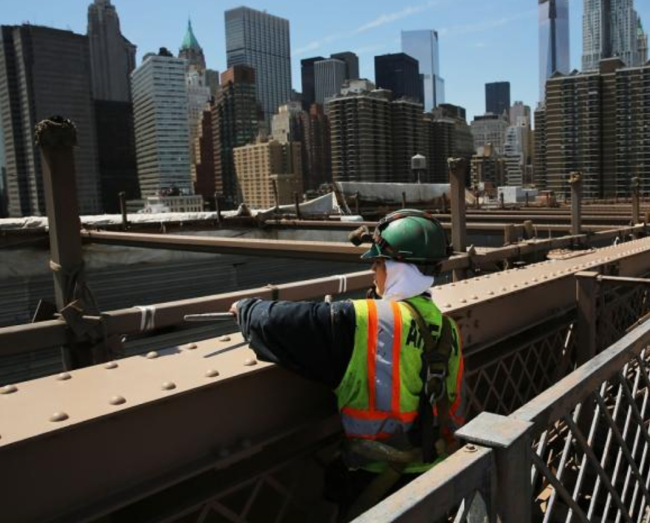Technology, Infrastructure and Regulations Dominate Forum on Logistics and Shipping
Concerns about infrastructure, government regulations, and how best to incorporate new technologies seemed to dominate the conversation at the 14th annual Shipper Symposium, held recently in San Antonio.
Texas Secretary of State Carlos H. Cascos discussed U.S.-Mexico trade and the importance of nurturing that relationship. He noted a key factor currently hindering trade with Mexico: border traffic. “In order for our trade to continue proliferate and to grow, we need to make sure our infrastructure can support it. And I don’t mean just building another highway. We need to build it all the way through until it gets to a major interstate. It does you no good to build another international crossing if you don’t have the infrastructure to get you to and from.” Cascos explained that of the approximately 25 traffic checkpoints in the U.S., nine are in Texas. He proposed waiving tolls for trucks – that otherwise would avoid using that road due to the cost – in order to get them off of some of the more congested roads, as well as building dedicated truck lanes on highways to help reduce wait times.
Lora Cecere, founder and CEO, Supply Chain Insights, discussed the future of supply chain management and how technologies are changing organizational processes and structure. She highlighted how organizations need to change their way of thinking when it comes to technology. Cecere stated, “We can’t just use tech of the past and assume we have so much opportunity with the tech of the future. If we’re going to win on the balance sheet, we have to embrace the supply chain as a complex system. It is an adaptive system that cannot really be managed through our traditional processes.” She also addressed how companies need to change how they think about visibility. “We’ve automated from distribution to customer service, and maybe manufacturing, but you know how we communicate to contract manufacturers today? Email and spreadsheets. We need to think holistic about visibility, because we have an outsourced world.”
Transplace CEO Tom Sanderson and BB&T Capital Markets Managing Director Thom Albrecht examined how the transportation world is shifting and what it means for shippers. They addressed the impact of new regulations on the industry, specifically related to capacity. According to Albrecht, while capacity is currently available, that could change if more transportation carriers shut down due to reduced driver productivity as a result of regulations. He stated, “If you have ELDs plus the drug and alcohol clearinghouse plus speed limiters, which the government is supposed to make up their minds on by the end of June, the combination of that ‘trifecta’ could be pretty powerful on restricting capacity.” Sanderson added, “The shortage is with long-haul, over-the-road truck freight. So you need to reduce your own demand for that type of asset that’s going to be the tightest. Intermodal is one answer to that, but dedicated or private fleets are another. Supply chain network design is another example – examining if you have the right distribution center locations and the right connectivity to take better advantage of intermodal or set yourself up for using dedicated fleets.”
The event was sponsored by Transplace, a leading provider of transportation management services and logistics technology.
Category: General Update











